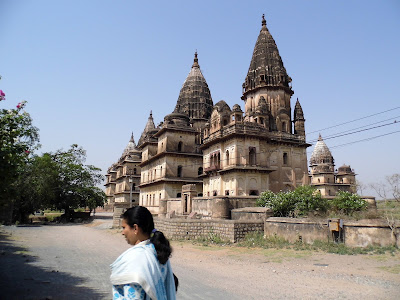A story in images
I don't feel like writing anything today. I want a story to unfold through some old pictures.
One of the most beautiful places in Delhi is The Garden of Five Senses. You will find yourself bathing in an ocean of flowers and floral decorations. This picture belongs to 2010, long before the Radha Soami Satsang people invaded Sawan school and began to corrode our happiness for the sake of their spirituality.
2014. Narendra Modi came to power in Delhi. The invasion of Sawan by RSSB was almost complete. The sprawling playgrounds of the school are what you see in the picture above. Those grounds which were maintained meticulously by the physcial education teachers and their supporting staff were now filled with buses from all over North India. These buses brought the devotees of RSSB for their usual quarterly Satsang.
RSSB left an immense vacuum not only on the campus but also in the hearts of a lot of people.
Monkeys ruled the campus soon. They were alll over. Some of them occupied high positions in the school's offices.
Maggie and I went a few places in search of another job since Sawan's death was certain and imminent. One such place was Jhansi. We took a diversion from Jhansi and visited the cenotaphs of Orchha. The cenotaphs left a symbolic imprint in our hearts.
We have walked on happily together in spite of all those invasions and cenotaphs... That's how life is: it has a way of going on. In spite of everything...






Well done!
ReplyDeleteHari Om
ReplyDelete🙏❤️ YAM xx
Beautiful post
ReplyDeleteGlad you are taking time to re-live..., unlike the tourist, who moves and clicks much... with no space and time for Memory..
ReplyDeleteSometimes it's just nice to reminisce (even about not good times) and look at old pictures.
ReplyDelete